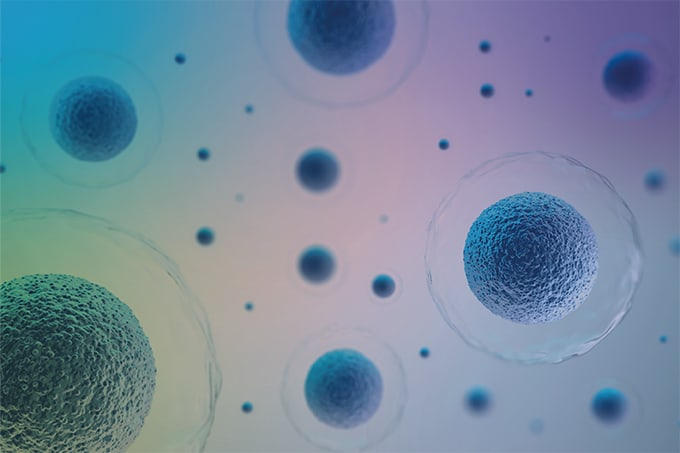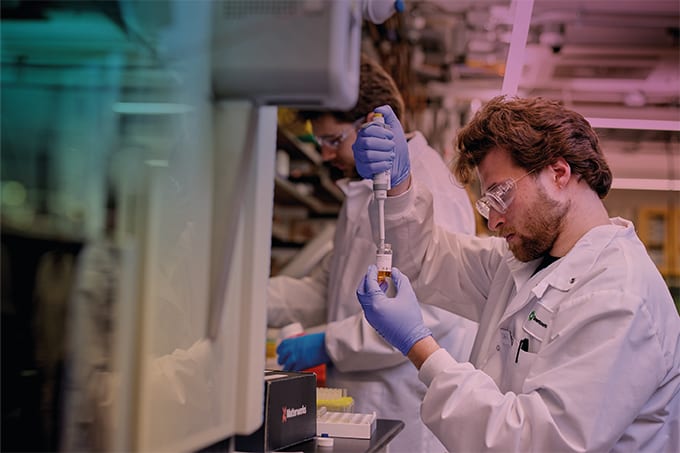
In the scientific community, there is increasing dissonance surrounding the ‘biologists gone rogue’ – a group of scientists who are uploading so-called preprints of (usually) journal-submitted manuscripts directly online prior to – but also (usually) in addition to – completion of the traditional journal peer-review process. Using the #ASAPbio hashtag, their actions stem partly from frustrations over the delay in getting their results to those interested. The solution? Preprint servers like the one pioneered by Paul Ginsparg in 1991 (arXiv.org), which “revolutionized communication among physicists,” according to a video from ASAPbio (1, asapbio.org).
Scientists of all stripes have joined in the discussion. Some claim the rallying cry reflects the inflexibility and limitations of the current system, while others question how it will affect the integrity of the researchers – and science. And there are those who believe it has hit at the very heart of scientific research, with suggestions that scientific integrity has become compromised by the “political” nature of grant funding, and that the preprint option could function as a more transparent fulfillment of scientists’ “contract” with the greater public. It is not the first time academics have taken matters into their own hands. Alexandra Elbakyan caused a commotion (and a string of legal action) with the site Sci-Hub, which provides access to almost 50 million scientific research papers. Online scientific journal Philica (2) was established in 2006 by two psychologists who were dissatisfied with the ‘profit-making’ restrictions of traditional journal publishing. Crucially, these proponents assert that a more open platform enables the free and rapid exchange of information, which is especially important when it comes to matters of life and death, such as the Zika virus outbreak. And so the debate persists. Tweets call for “scientific publishing [...] to catch up with tech”, and suggest that the new system could “enhance, rather than disrupt” the current model. Could this new model impact analytical science, and would it be appropriate? Two people in the field share their viewpoints.
Victoria Samanidou, Professor of Analytical Chemistry, Aristotle University of Thessaloniki, Greece: “In my view, publishing research results to publicly accessible website opens the bag of Aeolus! I consider this means of publication too risky for several reasons. First of all, the validity of results cannot be checked or guaranteed prior to publication; nor does it preclude the opportunity for fraud or plagiarism. The peer-reviewing process can act as a ‘pre-filter’ so that published results are criticized by experts in the field, although I have to admit that in some cases this process is biased. “For me, reliability is also of concern. Can we trust the publication and use its content safely as reference? I accept that it could be safe in the case of well-known scientists. For example, I would trust and cite the work of a famous researcher, but I am not sure I could trust such a publication derived from a young scientist – although they could, of course, be later proved experts in the field. There is no doubt that one can save time by using this method, but I feel that scientists could lose credibility in the process. Is the scientific community mature enough to behave in terms of ethics and integrity? Time will tell.” Steven Lehotay, Lead Scientist with the USDA Agricultural Research Service. Here, he gives his views as personal opinions, not as a representative of his organization: “Dissemination of research findings to those who can use the information is central to any field of science – and analytical chemistry is no different. Just as the overarching goal of our work is to meet fit-for-purpose data quality objectives in the most efficient way (in terms of time, ease, and cost), the most efficient and widely accessible means of communication that ensures acceptable scientific quality standards should be used. Niches are likely to develop for nearly any form of communicated information. Currently, the traditional peer-reviewed journal system is the most prominent niche, but it is inefficient compared to Internet-based or social media forms of disseminating information. “Despite centuries of usage and infrastructure, let us not pretend that the current peer-review journal system is an infallible ‘scientific analysis’ of what is good enough for publication; in reality, it relies on human judgment that is rife with systematic, random, and spurious errors. Gatekeepers (editors and reviewers) help reduce those forms of error, and journal publishing is a well-established system of known outcomes. However, I am confident that an equal or better process will emerge, probably from the publishing industry itself, using Internet-based scientific review, ethical checks, feedback mechanisms, and measurements of impact. Wikipedia, for example, has a defined and refined system of checks and balances, including entries on very controversial subjects. I also appreciate the ‘comments’ sections in online news articles, which sometimes provide better information than the article itself. Overall, I think that editors and readers of scientific papers will also gain better knowledge for decision-making if they can gather feedback from many perspectives, rather than just required input from volunteer reviewers who may or may not be interested experts. “Whether the electronic preprint approach reasonably balances speed versus quality is a question that remains to be answered, just like a newly developed analytical method needs to be tested in multiple labs before it is widely adopted – or not.” Let us know your views on online preprints using our comments section.
References
- http://tas.txp.to/0416/ASAPbio http://philica.com




